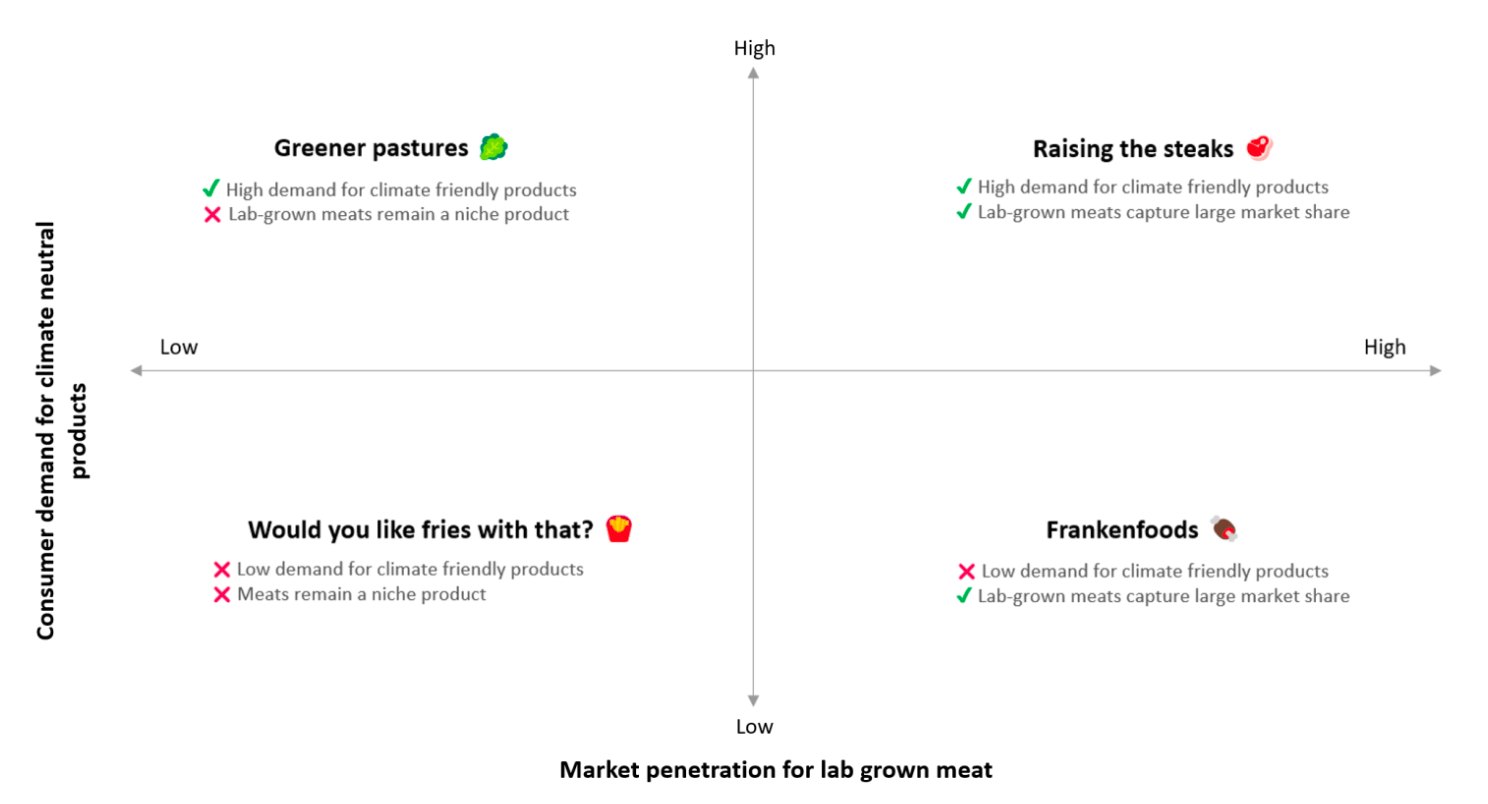As part of my Master of Sustainable Energy, I completed a course in Net Zero Pathways for Business. This course explains the physical science of climate change, with discussion of climate models, projections and impact scenarios. Australian and international climate policies are presented and their implications for transitioning to a low carbon society will be explored.
The Australian beef industry utilizes 50% of Australia’s land mass, contributes 10% of domestic emissions and is a major contributor to domestic GDP and employment in rural areas (1). The Australian Agricultural Company (AACo) is Australia’s largest beef producer and is operating in an environment where the pressure to reduce emissions and increase it sustainability credentials is becoming crucial for its future business success.
To provide an analysis of the company’s current published sustainability profile, specifically its net zero reporting and compliance with international frameworks, I worked in a team with 3 other Masters students that we named Meadow Consulting.
Meadow Consulting found that AACo does not currently have any published Net Zero targets and the current level of reporting does not meet either of the globally recognized frameworks – namely the Task Force on Climate-Related Financial Disclosures (TCFD) and the Science based Targets Initiative Forest, Land and Agriculture (SBTi FLAG) guidance. We then provided net zero targets that AACo could adopt and commit to publicly via the SBTi website.

Through the process of scenario planning, Meadow Consulting determined that consumer preferences for climate-friendly products and the advent of lab grown meats were the two factors with the highest uncertainty that could have significant impact on the beef industry. This resulted in a scenario matrix with two scenarios that warrant strategy investigation – “Would you like fries with that?” and “Raising the steaks”.

Under “Raising the steaks”, consumers demand climate friendly products from sustainable businesses, at the same time competing with lab grown meat technology. To ensure AACo’s business continues to remain profitable in the future, adaptability and diversification of income streams is required. To achieve AACo’s Net Zero commitments in this plausible future whilst remaining profitable, Meadow Consulting recommended that AACo:
- Reduce its overall emissions.
- Increase the creation of carbon offsets.
- Position itself as a provider of low emissions beef.
- Uses a phased investment approach towards incorporating the provision of lab grown meats into its business plan.
Under “Would you like fries with that?”, consumers continue to prefer grazed and feedlot beef while lab grown meat technology fails to take hold. Similar to the previous scenario, AACo should continue to reduce emissions and increase carbon offsets and should also implement climate adaptation strategies such as vertical integration and increasing the robustness of its herd.
By monitoring the environment for the pathways and signposts presented in this report, AACo can adapt and profit from new business opportunities as they arise.
Click here to download a copy of my team’s report along with the accompanying presentation.


